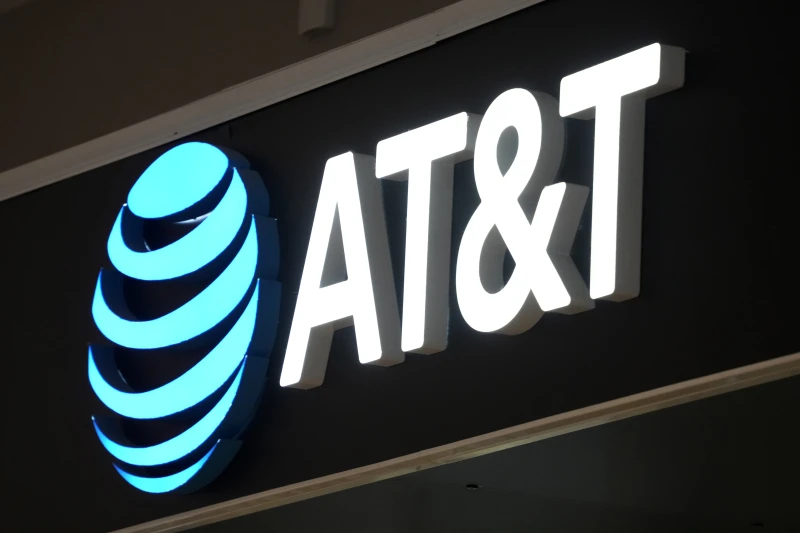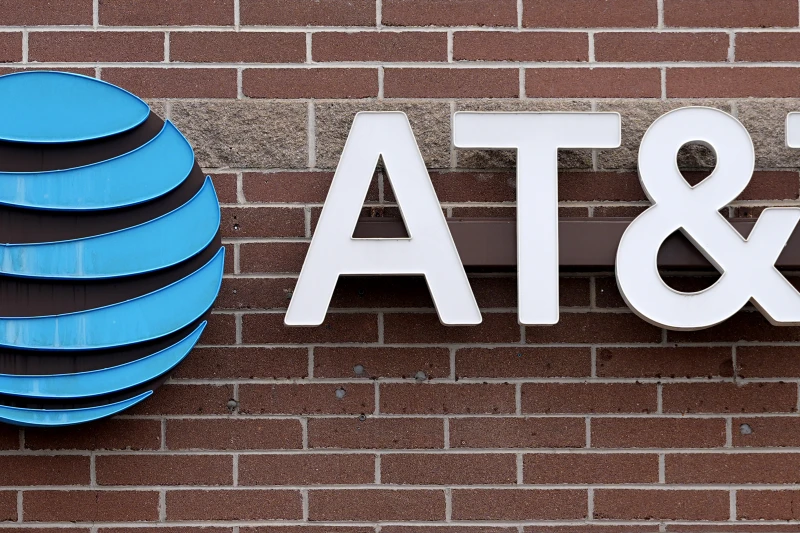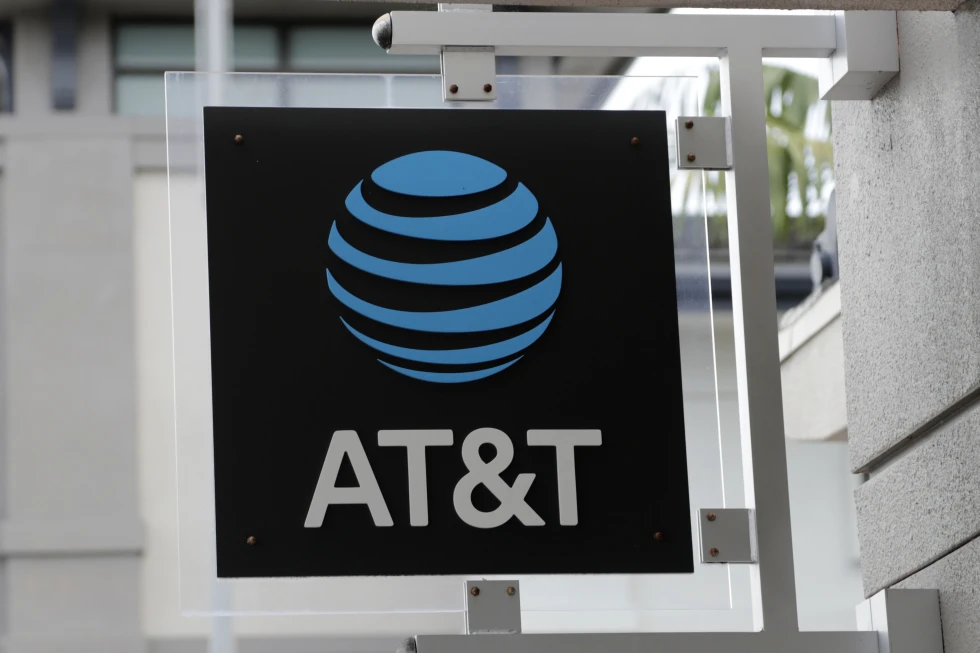The recent revelation of a significant data breach affecting millions of current and former AT&T customers has sent shockwaves through the telecommunications industry and raised serious concerns about data security and privacy.
The telecommunications giant, headquartered in Dallas, disclosed over the weekend that a trove of sensitive information belonging to approximately 7.6 million current account holders and 65.4 million former account holders had been discovered on the “dark web,” a shadowy corner of the internet known for illicit activities.
The dataset in question reportedly contains a range of personal information, including Social Security numbers and passcodes, which are distinct from passwords and typically consist of four numerical digits.
Additionally, details such as full names, email addresses, mailing addresses, phone numbers, dates of birth, and AT&T account numbers were also compromised.
Notably, the compromised data pertains to accounts dating back to 2019 or earlier and does not seem to include financial information or call history, according to AT&T’s initial findings.
The exact source of the leaked data remains unclear, with AT&T acknowledging the possibility that it could have originated from the company itself or one of its vendors. In response to the breach, AT&T swiftly initiated an investigation to ascertain the root cause and extent of the incident.
Furthermore, the company has commenced the process of notifying affected customers directly regarding the breach and the potential risks associated with the compromised information.
Customers who may have been impacted by this breach can expect to receive communication from AT&T via email or physical mail, with the company having started the notification process over the weekend.
Notably, AT&T has taken proactive steps to mitigate the risks posed by the breach, including resetting the passcodes of current users and offering to cover the costs of credit monitoring services for those affected.
This latest breach marks another chapter in AT&T’s history of grappling with cybersecurity incidents of varying magnitudes.

Over the years, the company has faced several data breaches, each with its own set of challenges and repercussions.
In light of this latest breach, AT&T has emphasized its commitment to addressing the issue head-on by engaging both internal and external cybersecurity experts to conduct a thorough investigation and bolster its security measures.
The implications of this data breach extend far beyond the immediate concerns of affected customers, raising broader questions about the vulnerabilities inherent in the digital infrastructure that underpins modern telecommunications services.
As companies like AT&T continue to navigate the complex landscape of cybersecurity threats, the need for robust data protection measures and proactive response strategies becomes increasingly paramount in safeguarding the privacy and security of individuals’ personal information in an interconnected world.
In the contemporary landscape of digital interconnectedness, the specter of data breaches looms ominously, threatening the sanctity of personal information and the security of individuals and organizations alike.
The recent revelation of a data breach within AT&T, closely mirroring a previous incident in 2021 that went unacknowledged, underscores the pervasive vulnerability that pervades our cyber ecosystem.
As cybersecurity researcher Troy Hunt astutely pointed out, the implications of such oversights are profound, potentially culminating in protracted legal battles in the form of class action lawsuits if affected customers remain uninformed for an extended period.
The intricacies of data protection in the digital age present a formidable challenge, necessitating a proactive approach on the part of consumers to safeguard their sensitive information.
While the onus primarily falls on corporations to fortify their cybersecurity measures and promptly address breaches, individuals can adopt certain practices to mitigate risks and enhance their personal security in an increasingly digitized world.
Foremost among these proactive measures is the cultivation of robust password practices, characterized by the creation of complex, difficult-to-guess passwords that serve as a formidable barrier against unauthorized access.
Complementing this is the adoption of multifactor authentication wherever feasible, adding an additional layer of security that bolsters the defense mechanisms against potential breaches.
In the event of receiving a notification regarding a data breach, swift action is imperative. Changing passwords promptly and vigilantly monitoring account activities for any anomalous transactions are crucial steps to preemptively thwart any malicious incursions.
Furthermore, it is imperative to exercise caution and discernment when encountering communications purporting to be from companies affected by breaches, as cybercriminals often exploit such incidents to perpetrate phishing scams through deceptive emails or phone calls.
The guidance provided by the Federal Trade Commission underscores the importance of proactive vigilance in safeguarding personal information.
Leveraging the services offered by nationwide credit bureaus, such as Equifax, Experian, and TransUnion, in the form of free credit freezes and fraud alerts can serve as potent tools in fortifying one’s defenses against identity theft and other nefarious activities.

In conclusion, the imperative to fortify one’s digital defenses and cultivate a heightened sense of awareness in the face of potential data breaches cannot be overstated.
By embracing best practices in password management, leveraging multifactor authentication, and remaining vigilant in the aftermath of breach notifications, individuals can bolster their cybersecurity resilience and navigate the treacherous waters of the digital realm with greater confidence and security.
As we confront the ever-evolving landscape of cyber threats, a proactive and informed approach is paramount in safeguarding the integrity of our personal data and preserving the sanctity of our digital identities.

